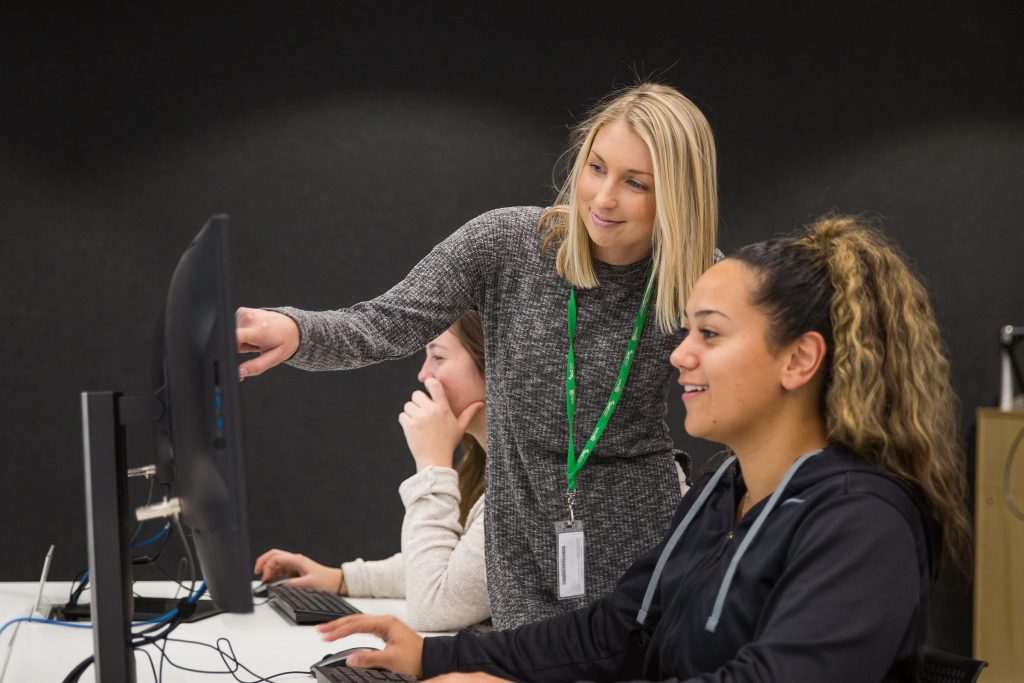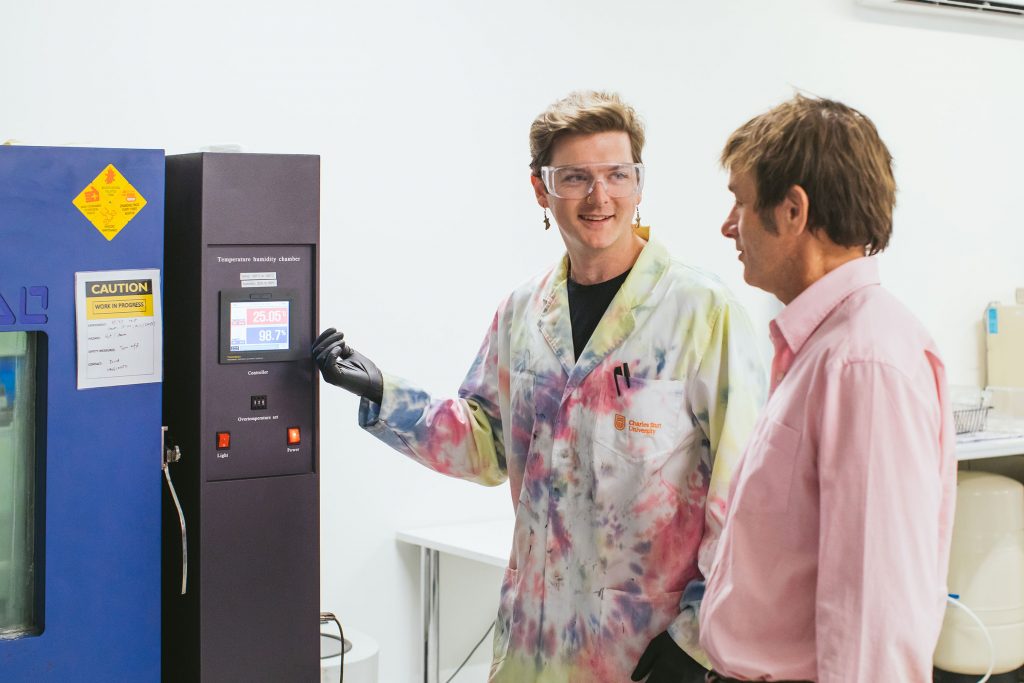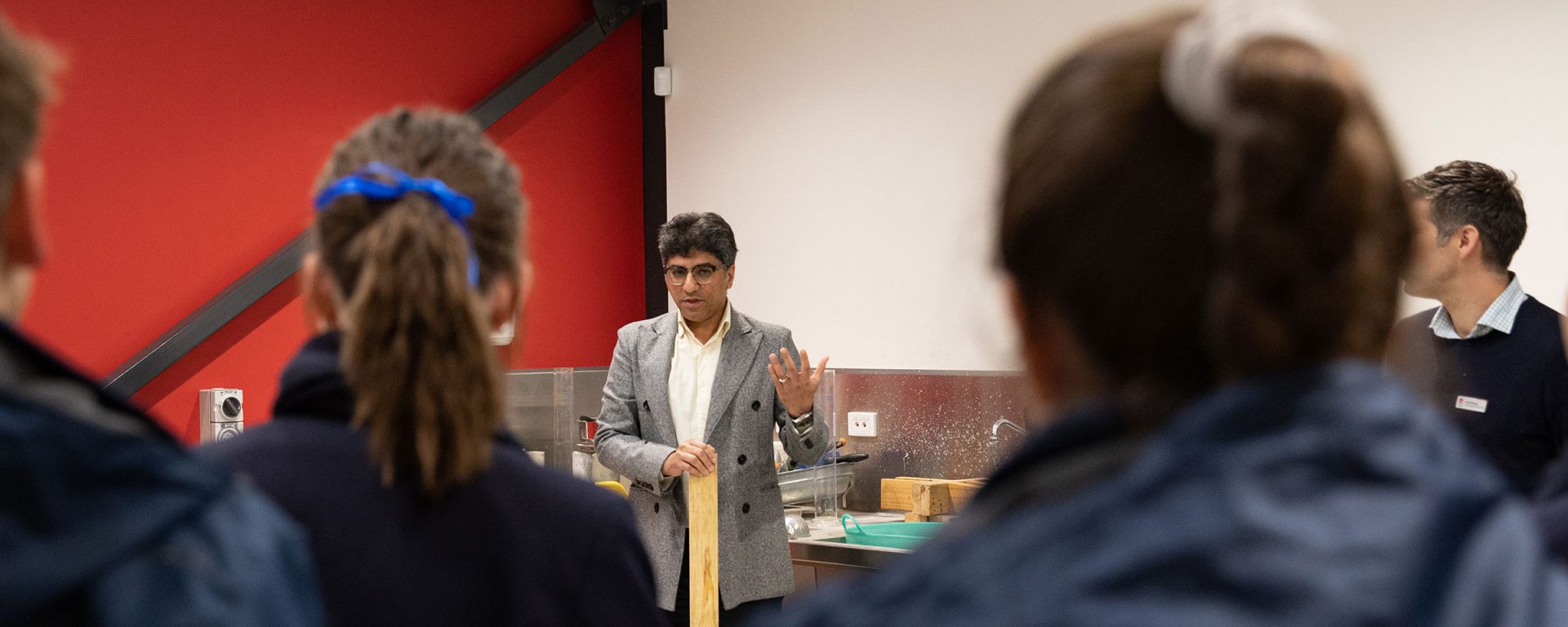Do you want to inspire future generations and push the boundaries of knowledge? Well, you can as a university lecturer. It’s a career that’s all about passion: passion for your subject and the skills to share that passion with others, so that they too can create new theories, develop cutting-edge innovations and explore the limits of human understanding. So, if that sounds like the sort of career that floats your boat, the next question is: how to become a university lecturer?
Read on to find out.
Get educated

Your journey begins with an undergraduate degree. The good news is that you choose the one that most aligns with your interests and the area you want to teach in. So, whether it’s arts, science, maths, business, psychology or anything else, you’ll get a thorough grounding in the your discipline. And it really is essential to choose a subject you are passionate about, as this will keep you motivated throughout your academic journey – and beyond. You want to strive for high grades in your bachelor’s as this will increase the likelihood of moving on to the next stage of your educational journey.
Next, aim for a master’s degree in your chosen field. This advanced degree will deepen your knowledge and sharpen your research skills. While some lecturers start teaching and then pursue their PhD, diving into doctoral studies early can open more doors. During your PhD you’ll create a thesis that contributes original knowledge to your field, and this can be a significant stepping stone in your academic career.
Gain experience

Research experience
Research is the lifeblood of a university lecturer’s career. During your postgraduate studies, immerse yourself in research projects. Collaborate with professors and peers, pursue your own initiatives, and aim to publish in academic journals. A robust research portfolio enhances your knowledge, sharpens your critical thinking and establishes your academic credibility.
Teaching experience
Teaching experience is just as crucial. While pursuing your postgraduate degrees, seek roles as a teaching assistant. This hands-on experience in teaching, grading and student interaction is invaluable. Look for opportunities to lead seminars or tutorials, design and deliver courses, and mentor students. Engaging with students helps you develop effective teaching strategies and demonstrates your commitment to their success.
Seek professional development

Networking
Being a university lecturer is definitely about what you know, but it’s also about who you know. Building a professional network is crucial for career advancement in academia. So attend academic conferences and seminars to meet other researchers and educators in your field. Networking can lead to collaborative research projects, job opportunities and valuable mentorship. Moreover, join academic and professional organisations related to your discipline. These often host events and provide resources that can support your career development. These days, also, it’s expected that you will engage with your community via social media.
Continued learning
Level up your teaching and research skills with cutting-edge professional development courses and workshops! Stay ahead of the curve by keeping up with the latest research and teaching methodologies – it’s vital for your career and your students’ growth. Tap into courses on advanced teaching methods, educational technology and research techniques offered by universities and professional organisations – to stay competitive and become a more effective educator and researcher.
Tips for how to become a university lecturer

Ready to land that lecturer position? Here are a few tips to help you succeed.
- Make your application irresistible. Craft a detailed CV that showcases your academic achievements, research experience and teaching background. Write a strong, tailored cover letter for each university, emphasising your passion for teaching and relevant experience.
- Prepare to impress in interviews by reviewing common academic questions and practising your responses. Be ready to discuss your research, teaching philosophy and also your future plans. Show that you’re up-to-date with the latest in your field.
- The academic job market is competitive, so cast a wide net and be open to relocating. Building a broad network will help you find the right opportunities.
- Balancing research, teaching and your personal life can be demanding, both during your PhD and early career. Maintain a healthy work-life balance for long-term success and wellbeing. Set clear boundaries, delegate tasks when possible, and seek support from colleagues, mentors and professional networks for valuable advice and encouragement.
Ready to start?
Becoming a university lecturer is challenging – but oh so rewarding! Combining enthusiasm for your subject, determination, a thirst for knowledge and the desire to share what you know, you can contribute to your discipline and change students lives.
Now, that’s a powerful career path.
So, all you have to do now is select the course that matches your passion.


You must be logged in to post a comment.